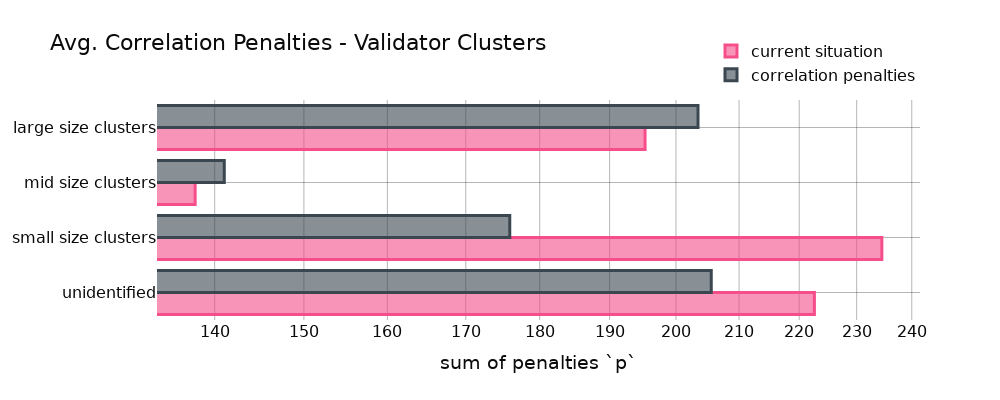Vitalik Buterin, Ethereum’s creator, has all the time regarded for methods to make the community extra decentralized. A current research by Toni Wahrstätter expands on Buterin’s concepts about altering how Ethereum rewards its validators to assist this objective.
The research focuses on what is named “anti-correlation penalties.” Proper now, massive teams that run many Ethereum validators can save on prices, which tends to drag the community towards a number of huge gamers. But when many validators managed by one operator fail on the identical time, it may be a threat for the entire community. That is the place the brand new concept is available in: if validators run by the identical operator usually fail collectively, they may get a penalty, which might encourage extra various and impartial validators.

In a nutshell, if extra validators miss their probability to verify transactions (attestations) than ordinary, they may get a penalty. This may assist hold Ethereum decentralized, making it much less probably that one huge validator has an excessive amount of management.
Wahrstätter’s evaluation seems at knowledge from over 40 days, which incorporates round 9.3 billion validator actions. The analysis imagines making use of Vitalik’s proposed components to this knowledge to see what would change.
For staking operators — the entities working the validators — the consequences would differ by measurement. Giant operators would possibly face larger penalties below the brand new system, whereas smaller operators may benefit. This matches with the concept the penalties would discourage large-scale centralization. Curiously, a class with unidentified validators, probably solo stakers, additionally confirmed up, hinting on the range of the community.
The evaluation additionally thought-about totally different software program purchasers utilized by validators. The thought was that if validators utilizing the identical software program fail collectively, they could face larger penalties. The findings had been refined, displaying small adjustments for various purchasers, suggesting that the software program is dependable.





